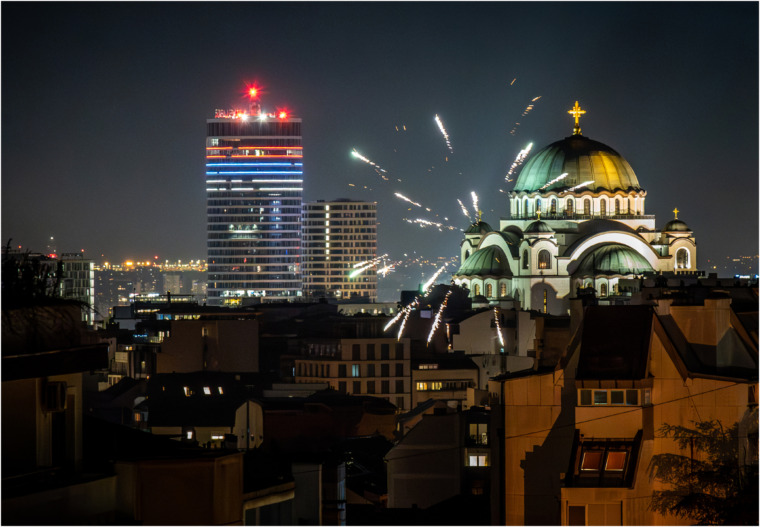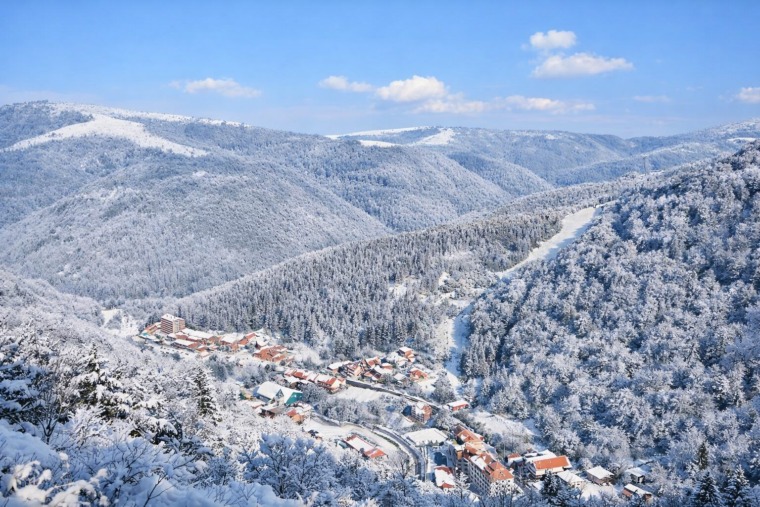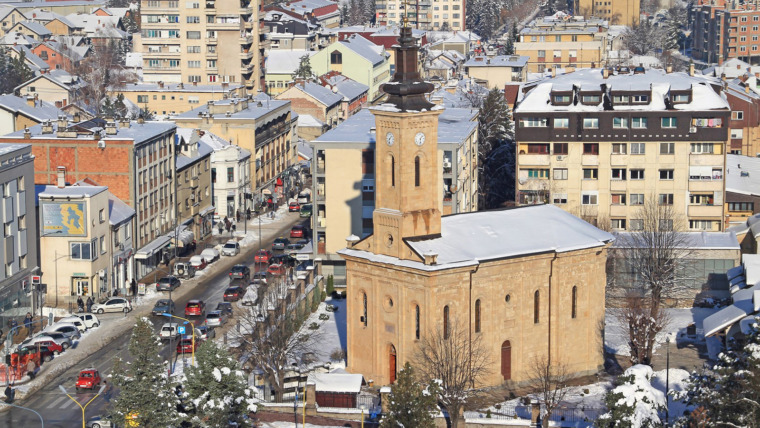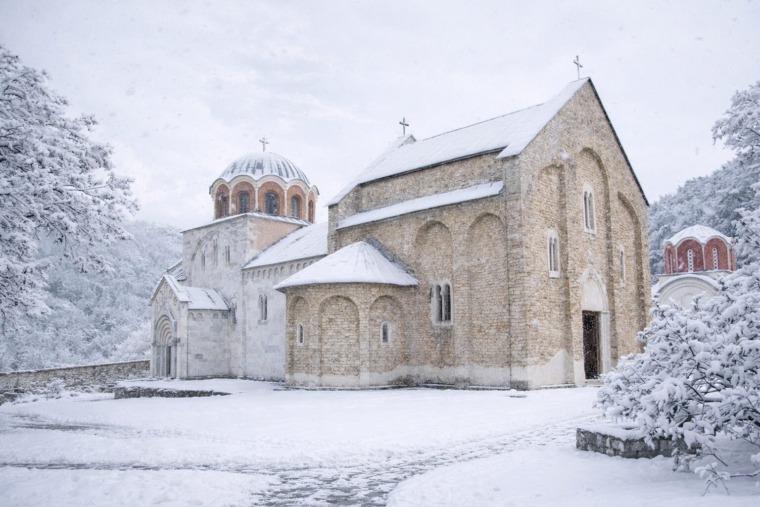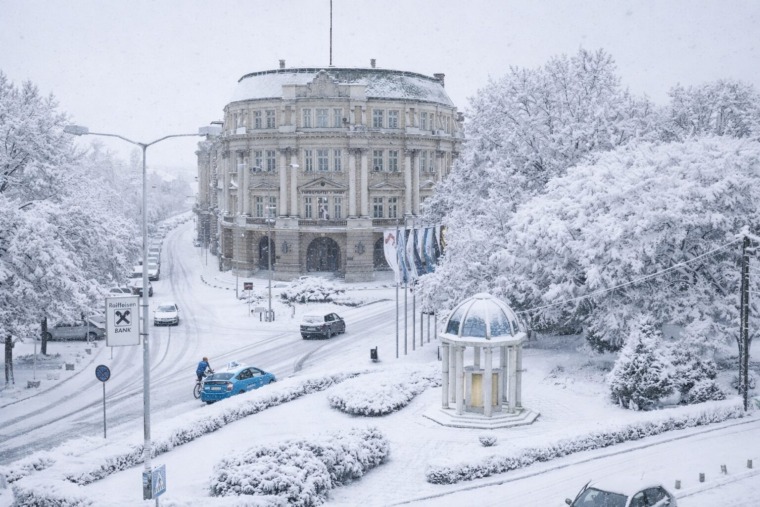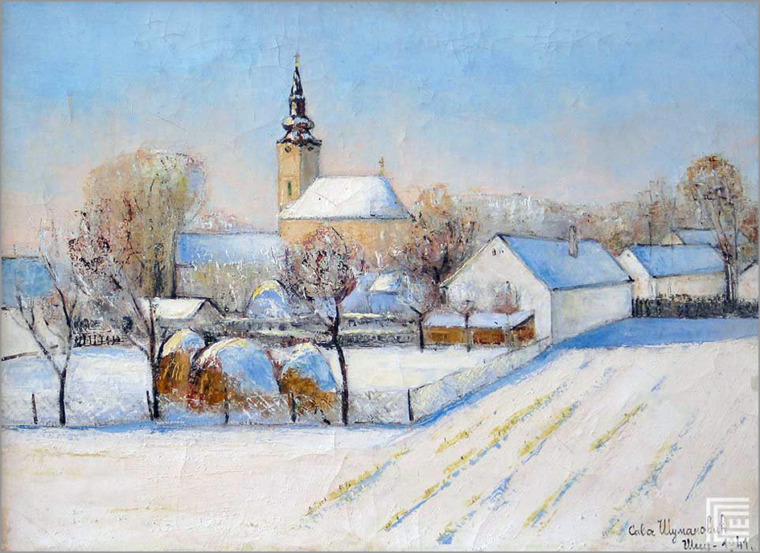
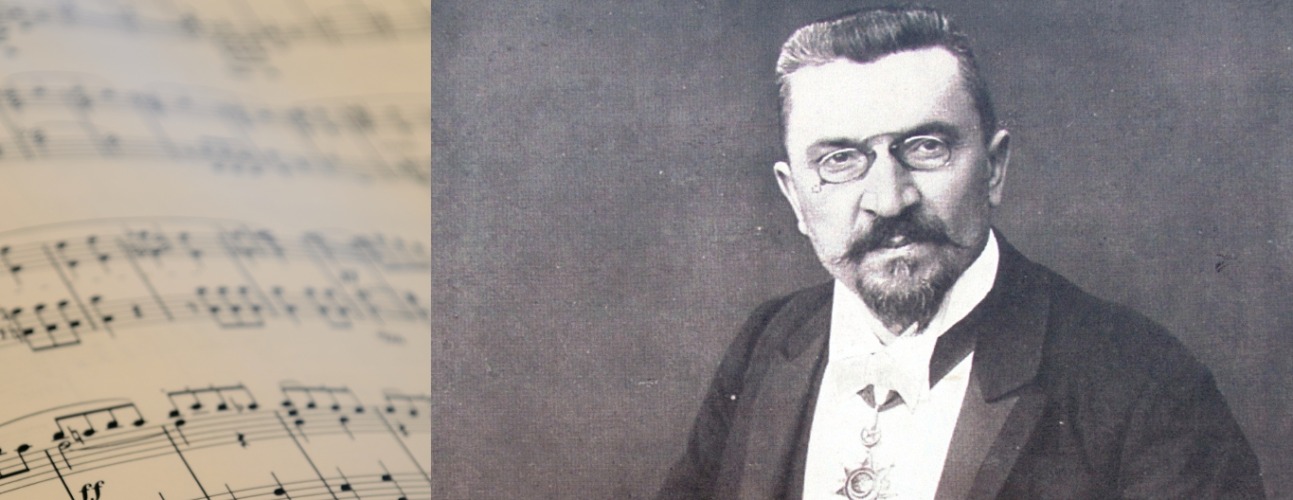
If Tesla is the Serbian symbol of science, then Stevan Stojanović Mokranjac is the symbol of music. His name is almost synonymous with choral singing, and his legacy runs so deeply through Serbian identity that even today, more than a century later, every performance of his Rukoveti (Garlands) resonates with his vision.
What makes him extraordinary is not just his musical talent, but also his mission – to transform folk songs into art and raise the voices of the people from villages and small towns onto the grand European stage.
From Negotin to Europe
Born in 1856 in Negotin, Mokranjac lost his parents at an early age. Instead of discouraging him, this shaped him into a man of resilience and discipline. Even as a boy, his love for music was undeniable, though his path to education was far from easy.
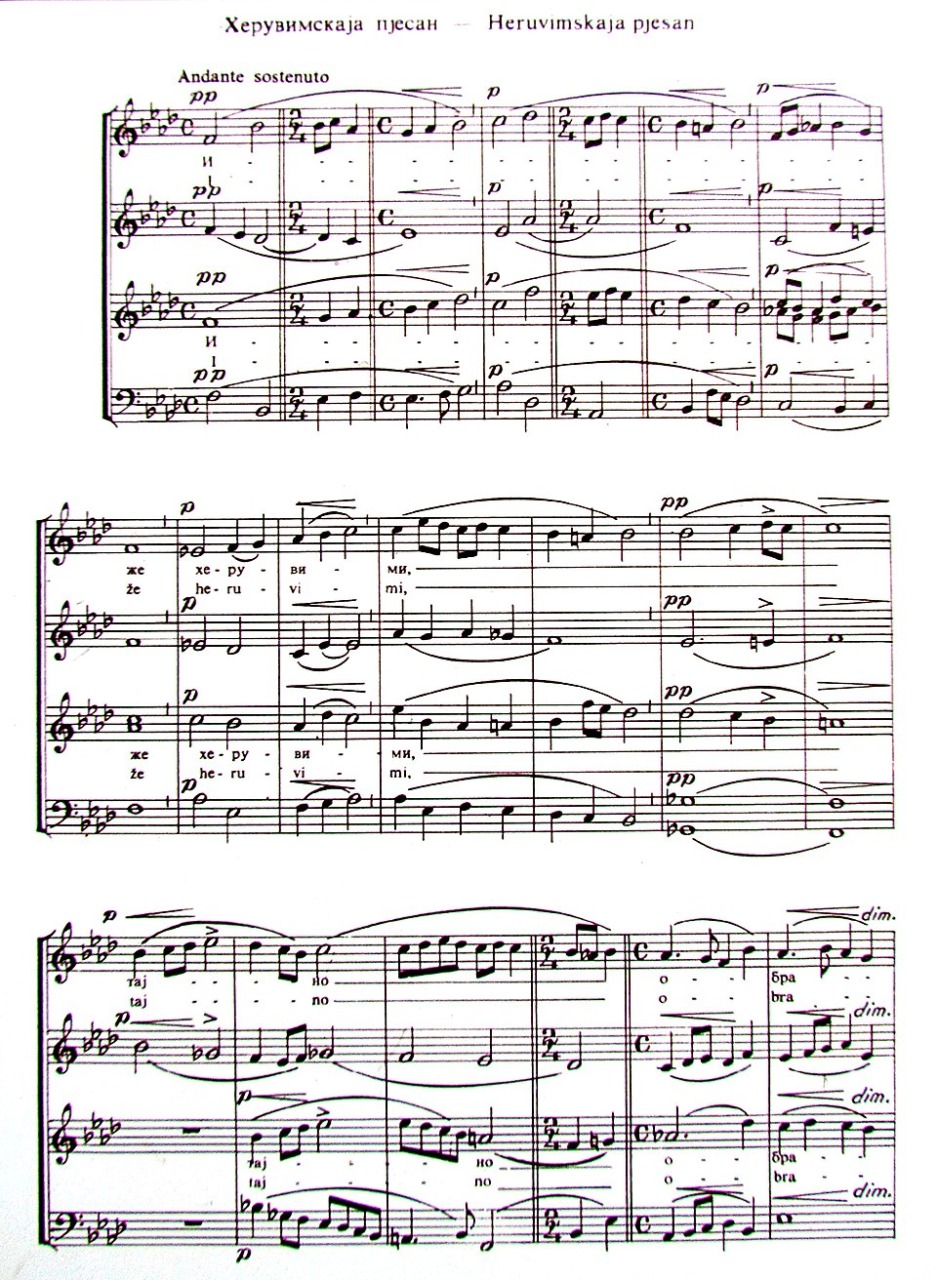
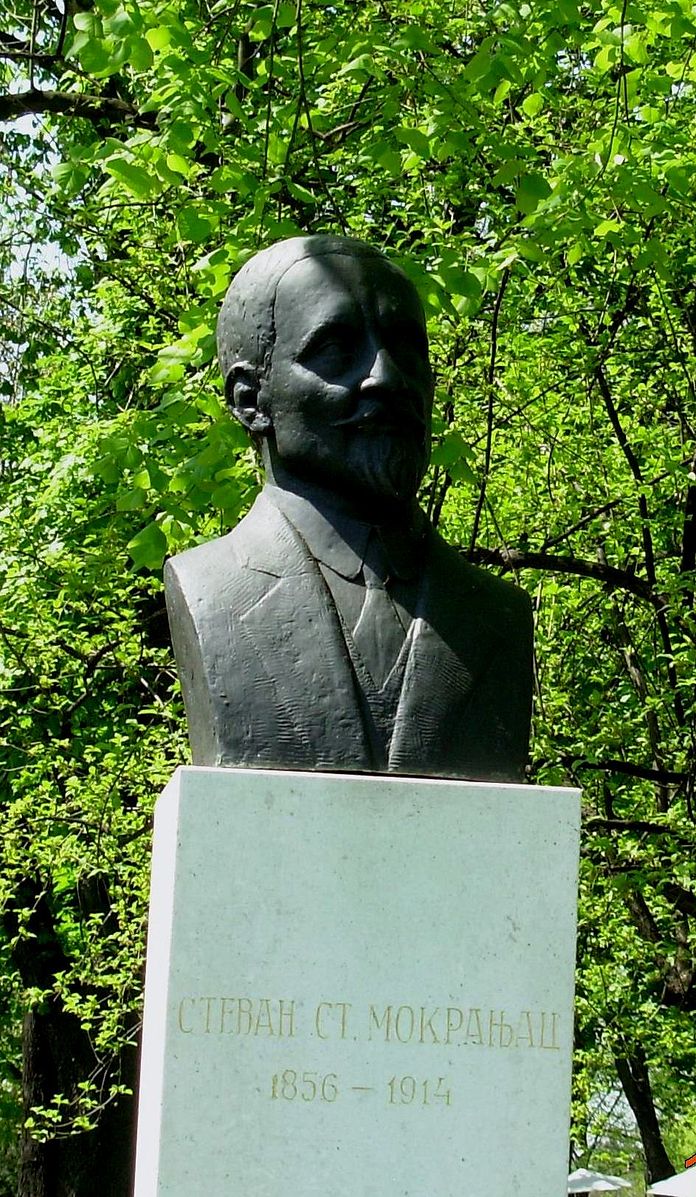
With the support of relatives and benefactors, he studied in Munich, Rome, and Leipzig, acquiring a first-class European education. There, he absorbed modern compositional techniques but also realized a crucial truth: that true art must speak in the language of one’s own people.
Rukoveti – Music from the Heart of the People
Mokranjac’s place in history is sealed by his cycle of Rukoveti. These fifteen choral pieces were born from the folk songs he tirelessly collected and wrote down. What once lived only as oral tradition – sung at weddings, gatherings, or around the hearth – Mokranjac reshaped into sophisticated musical works. Rukoveti became a bridge between everyday life and the concert hall, between the rural voice and the European stage.
His music never lost its authenticity; it remained faithful to the spirit of folk tradition. Yet through harmony and arrangement, Mokranjac elevated these melodies into works of art that could stand proudly beside European classics.
Conductor, Teacher, and Builder of Musical Life
Beyond composing, Mokranjac left an indelible mark as conductor of the Belgrade Singing Society, the most important choir of his era. With them, he toured across Europe – Budapest, Rome, Paris, Vienna – presenting Serbian music to international audiences.
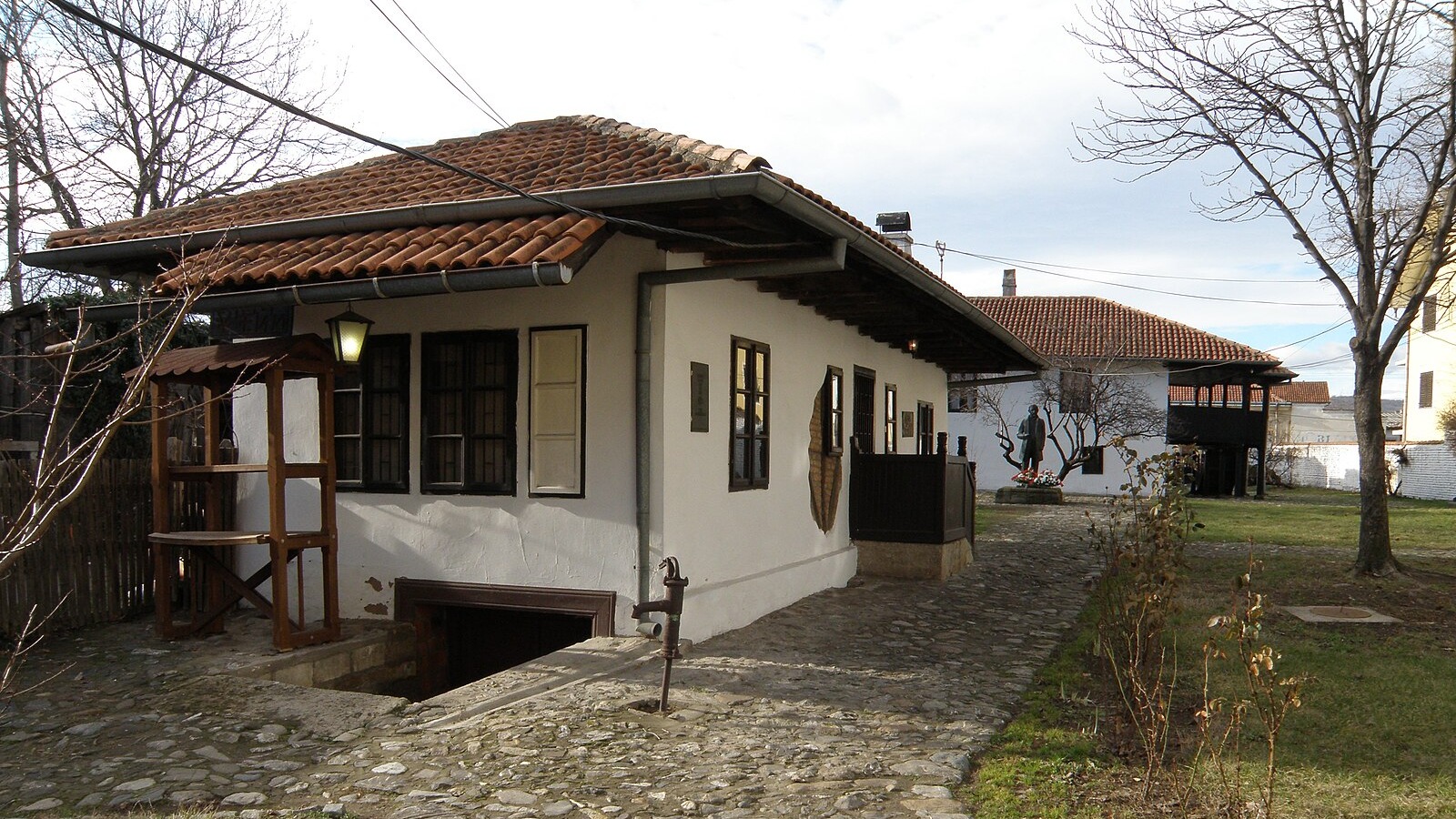
He was also a professor and later director of the First Belgrade Music School, which today bears his name. There, he shaped generations of musicians, spreading the idea that music is not only a craft but also a way of preserving cultural identity.
A Legacy that Lives On
Stevan Mokranjac passed away in 1914, yet his work continues to live. Every autumn, his hometown of Negotin hosts the festival Mokranjčevi dani (Mokranjac Days), dedicated to his life and music, bringing together choirs from across the world. His compositions remain a staple in the repertoire of countless choirs, both in Serbia and abroad.
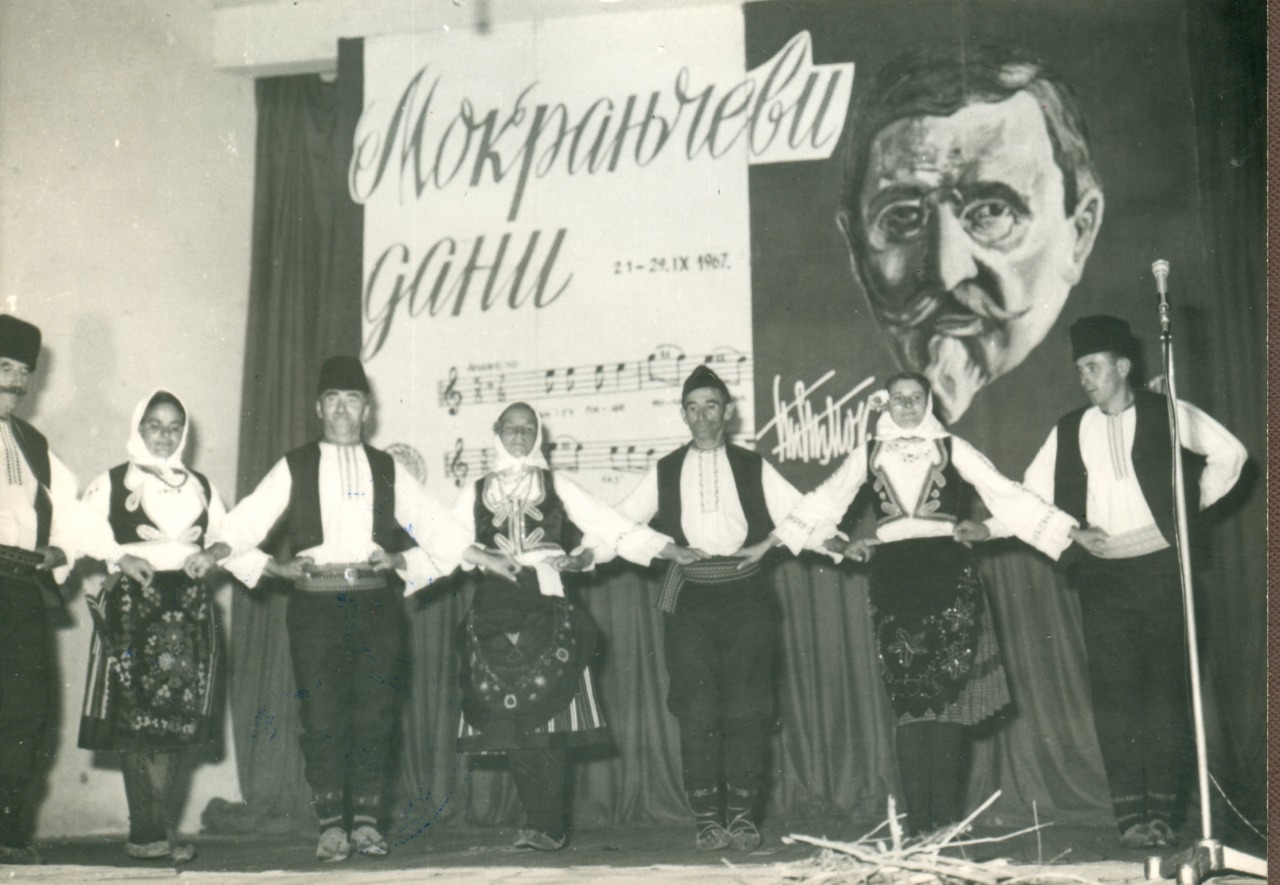
Interestingly, Mokranjac was also a gifted cellist and, in private life, a modest and gentle man. But once he stepped onto the conductor’s podium, his authority and charisma were undeniable – musicians followed him with confidence, and audiences adored him.
The Guardian of a Nation’s Soul
Perhaps the greatest value of Mokranjac’s work lies in his ability to preserve the folk song from fading into oblivion. Without him, many melodies sung for centuries by ordinary people might have been lost. He gave them form, beauty, and permanence.
Stevan Mokranjac was not only a composer – he was a bridge between past and future, between the voice of the people and the artistry of music. His legacy proves that the soul of a nation can be carried through song, and that when art is honest, it never grows old.
Related Articles


Belgrade Windows: Details That Reveal the City’s Soul
January 20, 2026